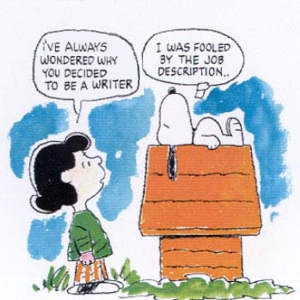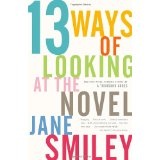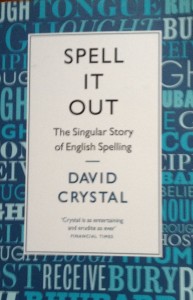The stories behind words are fascinating. Why do we call a computer glitch a bug? What’s the origin of the expression ‘mad as a hatter?’ Why are so many pubs called ‘Ye olde’ something or other? And if you think news is called news because it’s new, you’re wrong. Oh so wrong.
And now, here is the news.
We’ll start backwards, so to speak, with the word news. It seems obvious that we call it news because it’s new i.e. the latest information. But that’s not the meaning of the word at all. Nor is it the plural of new, in case you were thinking along those lines. No, the word comes from the first letters of the words North, East, West and South. Never in a million years would I have guessed that one. Though, once you know it, it seems obvious because the information is gathered from – you got it – North, South, East and West. In other words, from all directions, from everywhere.
Bug!
On the other hand the origin of bug for a technical glitch has a simple and logical, even endearing, explanation. And it’s so patently obvious that, should you even guess it, you’d dismiss it as being far too fanciful. But there was in fact a real bug, a real living bug, in a computer at Harvard. The machine wasn’t functioning properly. Grace Hopper, who was working on it at the time, investigated and found a moth in one of the circuits. And from then on computer glitches became known as bugs. One could maybe challenge the definition of ‘bug’ but this was America. They say things differently there.
Mad hatters.
As to those mad hatters. Many people think the expression comes from the Mad Hatter’s tea party in Alice in Wonderland but the expression precedes the book. In days gone by, people wore hats far more than we do now; there was a thriving industry in hat making. Felt was widely used in the manufacturing process, which involved the use of a toxic solution of mercury. This caused chronic mercury poisoning, a condition that attacks the central nervous system, leading to symptoms such a trembling and incoherence. Hatters were also noticeably excitable and irrational, another result of inhaling mercury. Hence the expression ‘mad hatters’.
A thorn in their side
I don’t think there’s pub called ‘Ye Olde Mad Hatter’ though nothing would surprise me. Be that as it may, throughout the length and breadth of Britain there are many pubs with names prefaced by the words ‘Ye Olde.’ Such as ‘Ye Olde Black Horse’ or ‘Ye Olde King’s Head’. I used to ponder whether these were genuinely old names or just created for poncy, marketing purposes, to pull in the punters. Neither guess is accurate. When the Romans occupied England they used the rune ‘thorn’ to represent the sound ‘th’ as no such sound existed in Latin. When Caxton came along with his printing press, they had to represent the ‘thorn’ in some way and the letter ‘y’ was the closest. So to be absolutely correct these inn signs should really read ‘The Old Black Horse’ and ‘The Old King’s Head.’
You will discover more weird and wonderful word origins and fascinating facts, in the Categorical Trivia Collection, the source I used for the facts in this post.



























